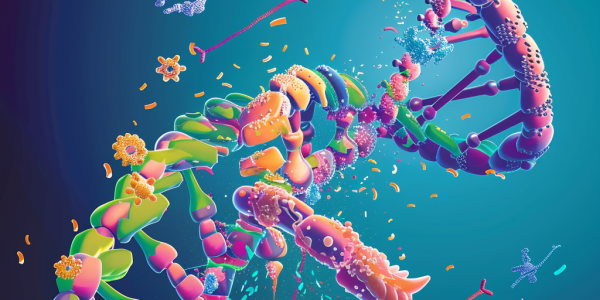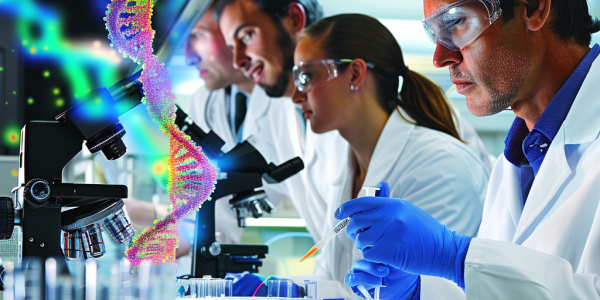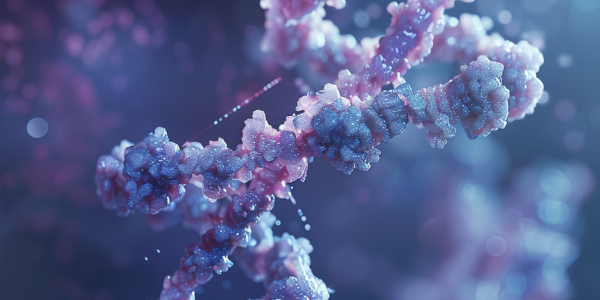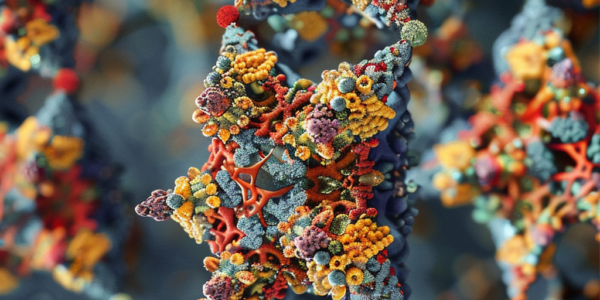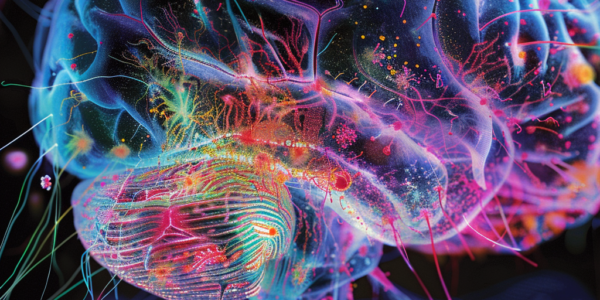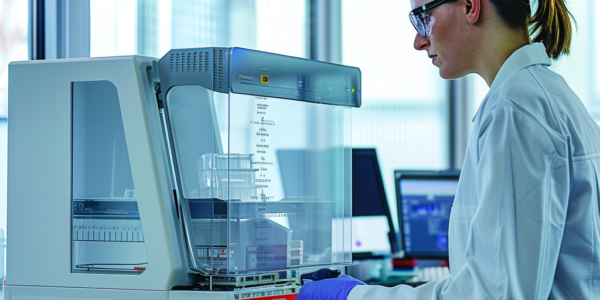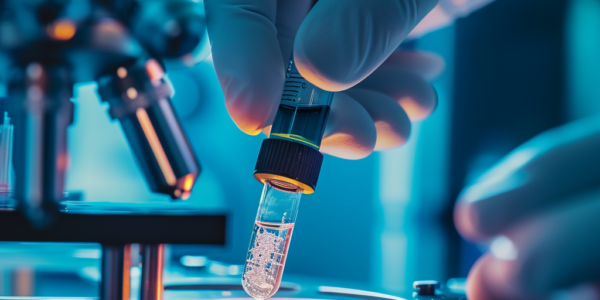Breakthrough Study Reveals Molecular Mechanisms of Gene Expression
An international team of researchers has made significant advancements in understanding gene expression mechanisms, crucial for protein synthesis. This groundbreaking study, published in the journal Science, uses advanced microscopy to reveal how ribosomes interact with mRNA, shedding light on molecular biology’s complexities. The findings have far-reaching implications for biotechnology and medicine, paving the way for new therapeutic strategies.
Breakthrough Discovery on RNA’s Role in Cancer by University of Chicago Researchers
Researchers at the University of Chicago have made a significant discovery about RNA’s role in cancer, particularly related to TET2 mutations. This groundbreaking study, published in Nature, reveals how RNA influences DNA packaging and gene regulation, offering potential new treatment avenues for various cancers. Understanding RNA’s function could transform therapeutic strategies and improve patient outcomes.
Breakthrough Genetic Research Leads to Development of GeneMAP Platform
Discover the latest breakthrough in genetic research with the development of GeneMAP, a cutting-edge multiomics platform that predicts metabolic gene functions. Learn how GeneMAP identified a crucial gene-metabolite association, shedding light on mitochondrial choline import. Explore the significance of understanding metabolic gene products and how GeneMAP is revolutionizing genetic research by bridging the gap between genetic information and metabolic function.
The Emergence of Selectively Advantageous Instability in Biology
Discover how the concept of ‘selectively advantageous instability’ (SAI) is challenging traditional ideas of stability and evolution in biology. Professor John Tower from USC Dornsife explains how a certain level of instability in biological components can be beneficial for cells, leading to increased genetic diversity and adaptability. Learn about the dual nature of instability in biology and its implications for cellular resources and energy consumption.
Natural Protein Citrate Synthase Self-Assembles into Fractals, Study Shows
A recent study published in Nature has reported the emergence of a natural protein, citrate synthase from the cyanobacterium Synechococcus elongatus, which self-assembles into Sierpiński triangles. The research utilized cryo-electron microscopy to reveal how the fractal assembles from a hexameric building block and found that different stimuli can modulate the formation of fractal complexes. Despite the discovery, the study suggests that the fractal may not serve a physiological function in vivo, but the discovery of a natural protein self-assembling into fractals sheds light on the potential complexity and beauty of molecular-scale structures in nature.
Molecular Links Between ALS and Dementia Revealed in Groundbreaking Study
Groundbreaking study by MIT and Mayo Clinic researchers reveals remarkable similarities in cellular and molecular characteristics between ALS and frontotemporal lobar degeneration (FTLD). The findings suggest potential therapeutic targets for ALS may also be effective for FTLD, and vice versa, opening new avenues for understanding and treating neurodegenerative diseases.
The Complexity of the Sense of Touch: Insights from Recent Study
Our bodies are equipped with an intricate sensory system that allows us to perceive the world around us. The sense of touch encompasses a combination of different sensations working in unison, as a recent study published in Science sheds light on the molecule responsible for detecting gentle touch. Understanding the mechanisms behind gentle touch sensation not only provides insights into our sensory abilities but also holds potential implications for various fields, including neurobiology and medical research.
New Digital DNA Melting Analysis Method Revolutionizes Pathogen Detection in Blood Samples
The University of California – San Diego has developed a new method, digital DNA melting analysis, that has the potential to revolutionize pathogen detection in blood samples. This method can produce results in under six hours, significantly faster than current standard methods, and has shown promise in reducing false positives. A pilot clinical study demonstrated the effectiveness of this method in detecting sepsis, providing faster detection and the additional benefit of quantifying the pathogen’s presence in samples. This breakthrough could have a profound impact on infection diagnosis and treatment, particularly in critical cases such as sepsis.
Nanotechnology-Based CRISPR/Cas9 Delivery System for Cancer Treatment
February 1, 2024 A Breakthrough in Cancer Treatment: Nanotechnology-Based CRISPR/Cas9 Delivery System Scientists are making significant strides in the field of cancer treatment with the development of a nanotechnology-based CRISPR/Cas9 delivery system. This groundbreaking approach, detailed in a recent study…
Genes Are Not the Blueprint for Life
It’s Time to Admit That Genes Are Not the Blueprint for Life By Denis Noble Published on 05 February 2024 DNA sequencing has become routine, but the roles of individual genes can be hard to pin down. Philip Ball, in…

